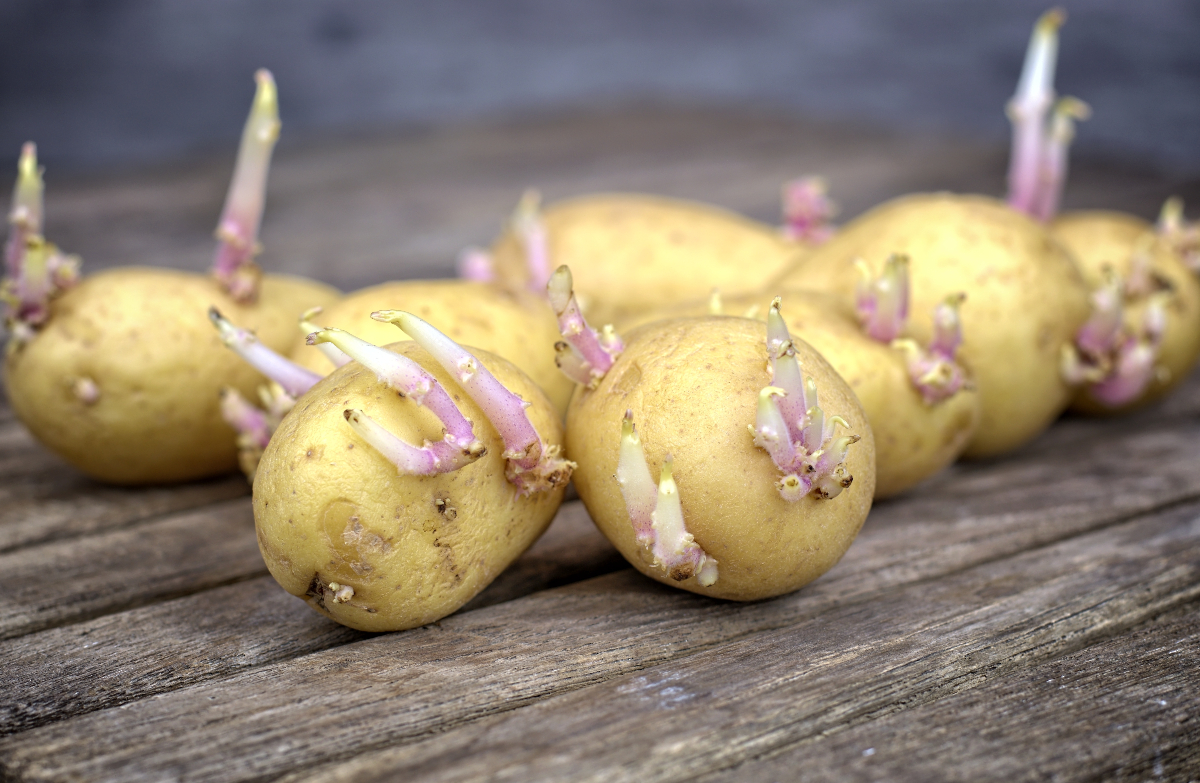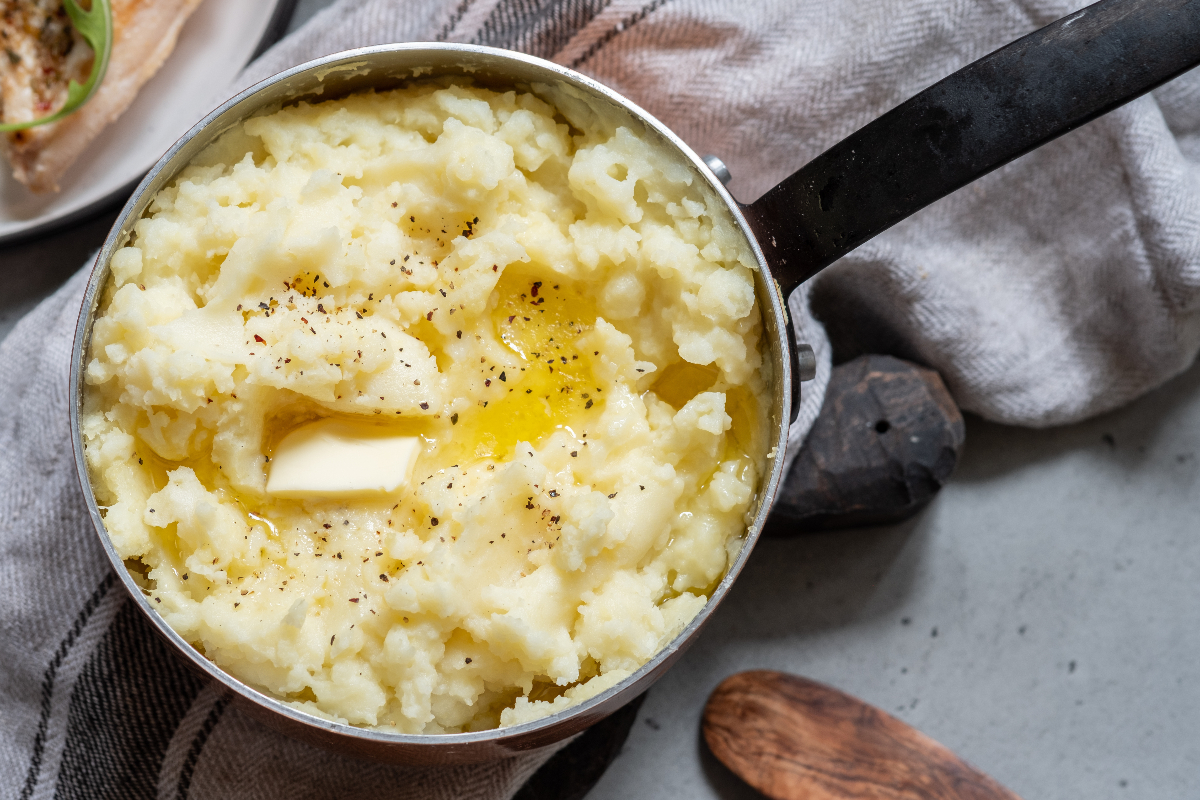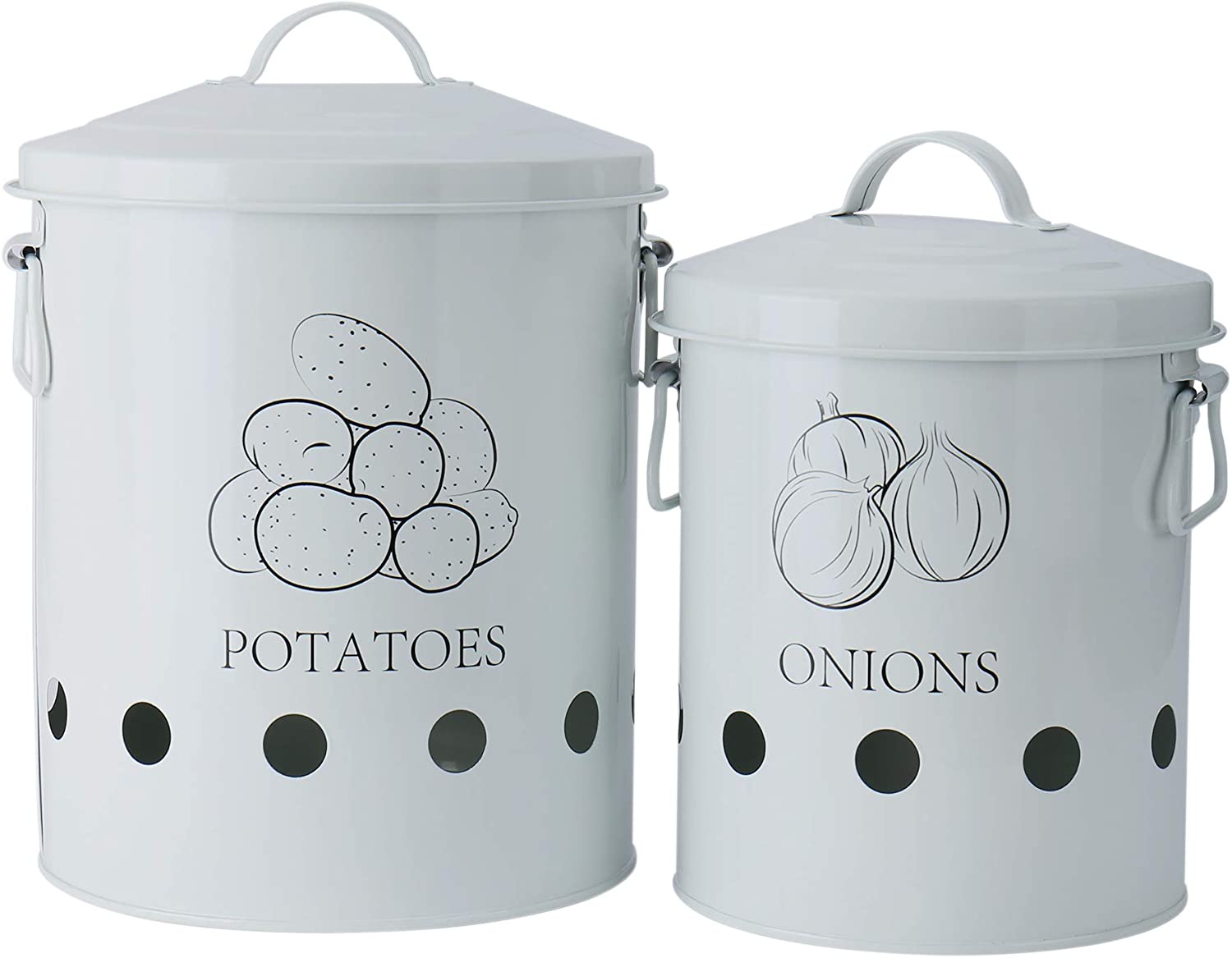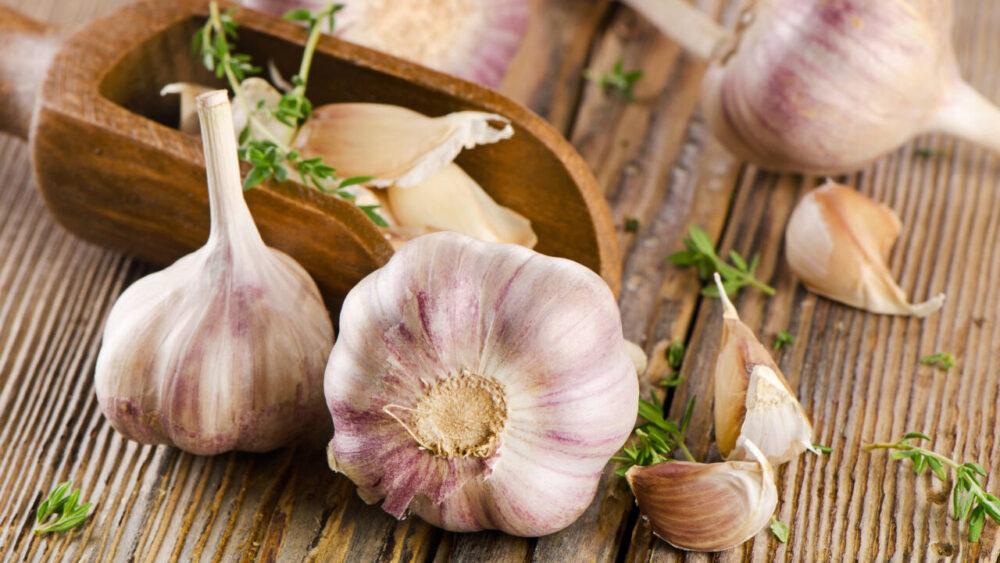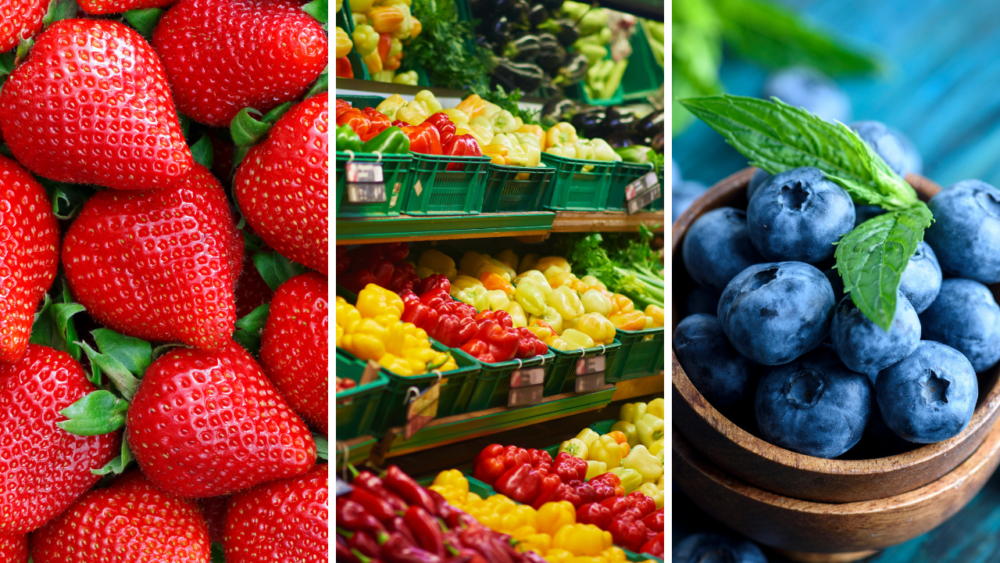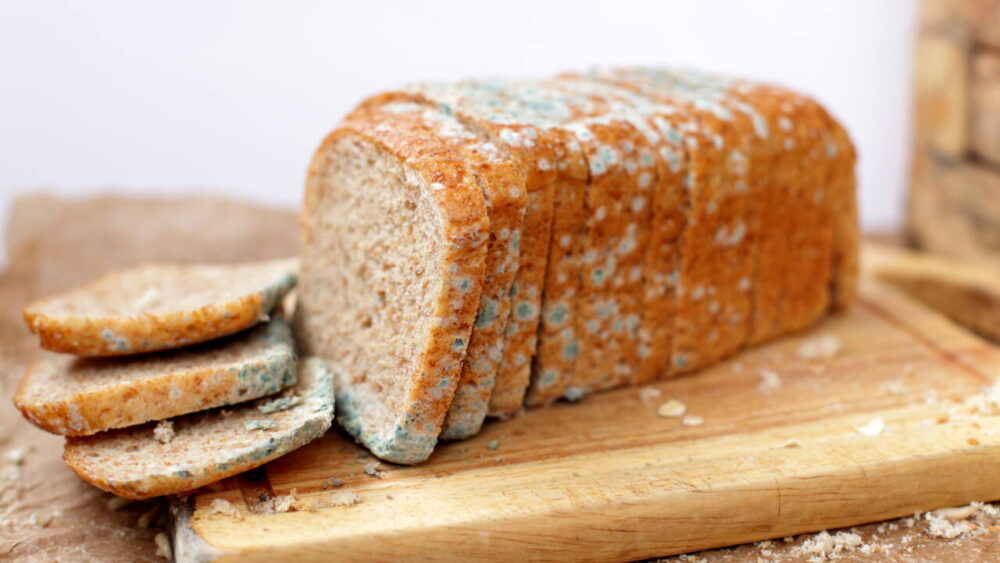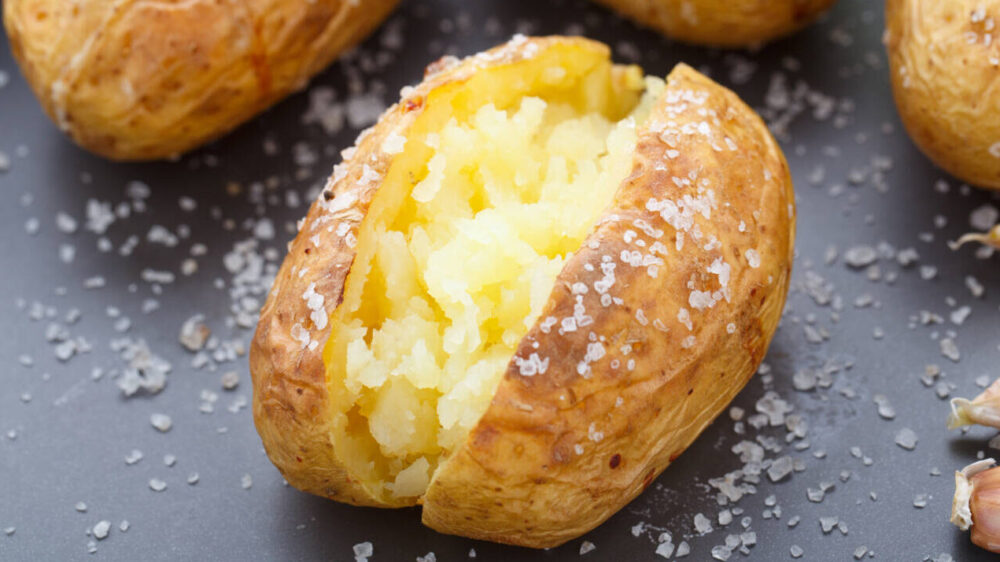Can you eat sprouted potatoes?
- January 20, 2021 |Last updated on 07/09/2021
The average family in America throws away $1,600 worth of produce each year. Not only is this a waste of money, it’s also a waste of resources, and it adds to our overburdened landfills.
So, why do Americans waste so much food? According to Recycle Track Systems, more than 80% of us throw food in the trash because we wrongly believe that it is unsafe to consume, due to misleading expiration dates or fears of food poisoning.
This is an even bigger issue when it comes to produce, which ripens at different rates and can sometimes unexpectedly wilt or sour on us before we have a chance to enjoy it.
When it comes to potatoes, you might bring home a bag of spuds from the grocery store only to find the potatoes sprouting a couple of days later. Perhaps your parents even told you that eating potato sprouts can make you sick, making you extra-cautious when you see the growths beginning to form.
To some degree, this generational wisdom regarding potato sprouts is based in fact: Potato sprouts contain glycoalkaloids, which can be toxic to humans if consumed in excessive amounts. So, eating sprouted potatoes can potentially cause an upset stomach, which is why our parents and grandparents always warned us to be careful about eating sprouted potatoes.
That said, when your taters start sprouting, it does not necessarily mean that you need to toss the entire bag. Experts say that you can safely enjoy potatoes that have a few sprouts. Simply cut away or peel the areas that have sprouts, and your potatoes will be safe to consume. They’ll even continue to contain many nutrients.
One important caveat: Once your potatoes start to get mushy or wrinkly, they need to be thrown out or composted. And if you’re eating potatoes and notice a bitter flavor or feel a burning sensation in your mouth, stop eating them right away as this could be a sign that they have spoiled.
You should also avoid eating potatoes that have developed a green tinge. The green color itself is simply chlorophyll, which is harmless, but the color could be a sign that your potatoes are too old to enjoy.
“To be safe, it is best to not eat the green part of tubers,” the U.S. Department of Agriculture’s Food Safety and Inspection Service advises. “You do not need to discard green potatoes. Just peel the skins, shoots and any green color; that is where the [glycoalkoloid compound] solanines concentrate.”
In the future, if you want to enjoy your spuds without having to worry about pesky sprouts or greening, make sure you always store your taters in a cool, dark place. Potato plants naturally have glycoalkaloids, and when exposed to light or heat (such as when taters are sitting on your counter, near your stove or on top of the cabinet where your dishwasher is located), glycoalkaloid synthesis will take place (and your potatoes will spoil) at a much faster rate.
Of course, in the olden days, people would store potatoes in root cellars and other dark, cool places, but for those of us in the modern era, consider alternative storage like the Homefavor potato and onion storage canisters. They’re designed to keep your potatoes and onions fresh as long as possible, mimicking a dark cellar while also offering a vent for optimal airflow.
These aerating tins also offer great, stylish storage options for your potatoes.
Or simply stash your potatoes in a muslin sack under the sink, away from the light and heat of your kitchen.


